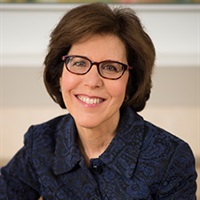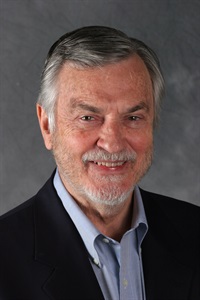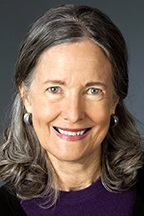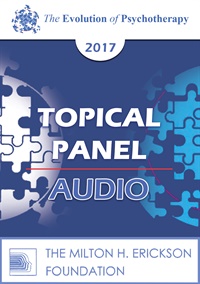EP17 Topical Panel 10 - Homework Assignments - Judith Beck, PhD, Harville Hendrix, PhD, Helen LaKelly Hunt, PhD, and Bill O'Hanlon, MS
- Average Rating:
- Not yet rated
- Topic Areas:
- Topical Panels | Homework | Psychotherapy | Ericksonian Hypnosis and Therapy Techniques | Cognitive Behavior Therapy (CBT) | IMAGO
- Categories:
- Evolution of Psychotherapy | Evolution of Psychotherapy 2017 | Pioneers in Couples and Family Therapy
- Faculty:
- Judith Beck, PhD | Harville Hendrix, PhD | Helen LaKelly Hunt, PhD | Bill O'Hanlon, MS
- Duration:
- 1:03:16
- Format:
- Audio Only
- Original Program Date:
- Dec 15, 2017
- License:
- Never Expires.
Description
Description: This panel highlights the use of homework in therapy, emphasizing practical, personalized assignments to support client progress. Approaches include CBT techniques like affirmations and reminders, creative tasks inspired by Ericksonian methods, and Imago practices such as zero-negativity dialogs. The discussion focuses on relational competence, emotional safety, and the role of neuroplasticity in sustaining connection and change.
Syllabus Description: Therapy happens in life, not just in the consulting room. Assignments facilitate treatment goals.
Educational Objectives:
- Describe an effective process for creating client homework.
- Given the presenting problem describe three different methods for affecting treatment through homework.
*Sessions may be edited for content and to preserve confidentiality*
Credits
Handouts
| Timestamped Transcript (893.1 KB) | 20 Pages | Available after Purchase |
| Ericksonian Learning Snapshot (251.6 KB) | 2 Pages | Available after Purchase |
Faculty

Judith Beck, PhD Related Seminars and Products
Judith S. Beck, Ph.D., is President of Beck Institute for Cognitive Behavior Therapy in Philadelphia, a non-profit organization that provides a variety of training programs to health and mental health professionals worldwide, and a Clinical Professor at the University of Pennsylvania. She received her doctoral degree from the University of Pennsylvania in 1982. She has authored over 100 chapters and articles and several books, including Cognitive Behavior Therapy: Basics and Beyond, which has been translated into over 20 languages, Cognitive Therapy for Challenging Problems, and books for consumers on a CBT approach to weight loss and maintenance. She divides her time among teaching, clinical work, supervision, administration, program development and consultation, and writing.

Harville Hendrix, PhD Related Seminars and Products
Harville Hendrix, PhD and Helen LaKelly Hunt, PhD are partners in life and work. Their lives and work are integrated in their commitment to the transformation of couples and families and to the evolution of a relational culture that supports universal equality. Harville is co-creator of Imago Relationship Therapy and co-founder of Imago Relationships International. Chancellor of the Imago International Institute and emeritus board member of IRI. Dr. Hendrix has received an honorary Doctor of Humane Letters from Mercer University, Macon, GA, the Distinguished Service Award from the American Association of Pastoral Counselors, and the Distinguished Contributors Award by the Association for Imago Relationship Therapy. His latest book, written with his wife, Helen Hunt, is Receiving Love.

Helen LaKelly Hunt, PhD Related Seminars and Products
Harville Hendrix, PhD and Helen LaKelly Hunt, PhD are partners in life and work. Their lives and work are integrated in their commitment to the transformation of couples and families and to the evolution of a relational culture that supports universal equality.

Bill O'Hanlon, MS Related Seminars and Products
Bill O'Hanlon, MS, has written over 30 books, appeared on Oprah with his book Do One Thing Different, and has been a top-rated presenter at psychotherapy conferences all over the world. He was a student of the late Milton H. Erickson and created Solution-Oriented Therapy and Possibility Therapy.


